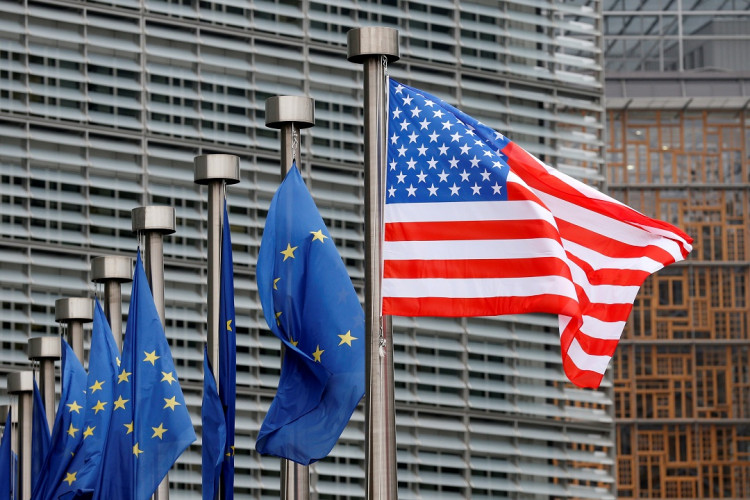The European Union is set to propose measures aimed at enhancing its arms industry, a move sparked by the ongoing geopolitical tensions following Russia's invasion of Ukraine. Thierry Breton, the European Industry Commissioner, is poised to present a comprehensive package designed to facilitate collective procurement of weapons by EU member states and bolster the production capacities of European arms manufacturers.
Breton's call to transition into a "war economy mode" underscores the urgency felt within the EU to bolster its defense mechanisms in an increasingly volatile global landscape. This strategic shift is partially motivated by concerns over the reliability of the United States as a defense ally, particularly in light of former President Donald Trump's ambivalent stance on NATO commitments. "Europe must take greater responsibility for its own security," Breton emphasized, pointing to the necessity of European autonomy in defense matters.
The forthcoming proposals include the establishment of a European equivalent to the U.S. Foreign Military Sales scheme, facilitating government purchases from domestic arms firms, and potentially empowering the EU to mandate that European defense companies prioritize orders from within the bloc during crises.
However, these ambitious proposals will require the green light from the EU's 27 national governments and the European Parliament, a process that may be fraught with challenges given the traditionally guarded stance of member states on defense and military issues. Furthermore, the proposals are likely to be scrutinized by NATO, which has expressed support for EU defense initiatives provided they complement, rather than duplicate, the alliance's efforts.
The EU's defense strategy is set against a backdrop of increased military spending by European nations in response to the Ukrainian conflict. However, EU officials argue that disjointed national efforts lack efficiency, advocating for a more centralized EU role in defense industry policy.
Breton's initiative also includes financial commitments, with a proposed allocation of 1.5 billion euros ($1.63 billion) through 2027 to kickstart the strategy. Despite being a modest sum in the grand scheme of defense procurement, this funding is intended to lay the groundwork for more substantial coordinated investments in the future.
One of the more contentious aspects of the strategy involves the potential issuance of joint debt to finance defense initiatives, a concept reminiscent of measures taken during the pandemic. While such proposals could face resistance from more fiscally conservative member states, they underscore the EU's determination to secure the necessary resources for its defense ambitions.
As the EU grapples with the complexities of implementing this bold defense industrial strategy, the success of these initiatives will hinge not only on the consensus among member states but also on the bloc's ability to navigate the intricate interplay between national sovereignty, collective security needs, and the overarching goal of European strategic autonomy.






